#byron journal
Explore tagged Tumblr posts
Note
Sense you are my resident Byron expert, I was wondering if you've read Byron: The Flawed Angel by Phyllis Grosskurth. I haven't read it yet but a friend of mine recommended it.
I personally am reading Wildly Romantic by Catherine M Andronik. Haven't finished but I've liked what I've read so far
I don't think I've read the whole thing but I would firmly categorize it in the section of pop history Byron books (and therefore probably not entirely trustworthy to accurately assess a historical figure). From what I remember of it, I think the below quotation summarizes my thoughts.
From John Clubbe's 2002 article Byron in Our Time, published in The Byron Journal:
"What does Byron have to offer us in the new century? On the evidence of biographies that have appeared in recent years, SexPower--that is, predation, prowess, performance, deviations, titillations--would seem the compelling draw. Full-length lives--Phyllis Grosskurth's Byron: The Flawed Angel (1997), Benita Eisler's Byron: Child of Passion, Fool of Fame (1999) and now Fiona MacCarthy's Byron: Life and Legend (2002)--rival each other in degrees of luridness and in the copious detail, some of it undocumented or mere surmise, in which they itemize and analyze Byron's amours with old and young, male and female, kith and kin. The authors' obsession with Byron's sex life seems more financially than intellectually driven; oddly, it is conjoined with censorious dislike of their subject. Even including sex, these books tell us little we did not know before. Why, except for sex, we should be interested in Byron today is beyond these authors' ability to grasp. Neglected when not forgotten completely in the three biographies are Byron's impressive feats as a writer, feats that for nearly two centuries have fired the hearts and souls of countless readers and shaped imaginative and political life in Britain, Europe, America, Japan, and elsewhere."
As an alternative to her book I recommend the books and resources that I list here in these posts:
https://www.tumblr.com/burningvelvet/698853736137768960/here-are-a-lot-of-the-biographical-sources-ive
https://www.tumblr.com/burningvelvet/716180738717925376/i-love-the-romantics-esp-2nd-gen-and-was
#lord byron#literature#english literature#byron#byronism#byronismus#romanticism#byronic#byronic hero#john clubbe#byron journal#recommendations#book recommendations#book recs#geneva squad#the geneva squad#biographies#biography
10 notes
·
View notes
Text
Ethari scared of making new connections with people.
Ethari pulling away from the other friends he had, especially in the assassins, because scared of losing them too.
Ethari's, who always wore his heart on his sleeve, closing it off.
Ethari resisting letting Runaan back in because losing him once hurt so much.
Rayla being the only one who could get him to open up at first, but not being ready to because as much as she wants to forgive him for ghosting her she can't yet.
Ethari seeing that and trying to force himself to open up for her sake.
Runaan desperately wanting to help but thinking that anything he said would just make it worse.
Callum actually knowing what to say & finally getting Runaan's respect.
#ethari#runaan#tdp callum#tdp rayla#rayla#to the person who rebloged Mary Shelley's journal entry about lord Byron's death and said it reminded you of Ethari#you are why I did this
43 notes
·
View notes
Text
my life is one big unfinished diary entry
#literature#english major#reader#writer#poetry#books#bookish#book journal#author#fantasy#oscar wilde#jane austen#british literature#lord byron#poem#thoughts#ravenclaw#harry potter#pride and prejudice#little women#cottagecore#bookworm#paperback#penguin classics#classics#mythology
492 notes
·
View notes
Text
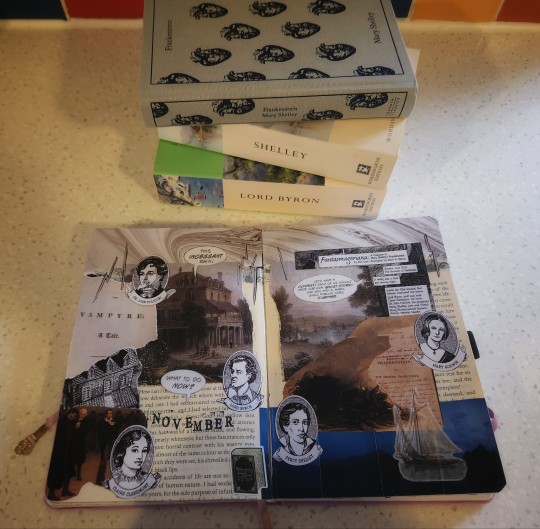
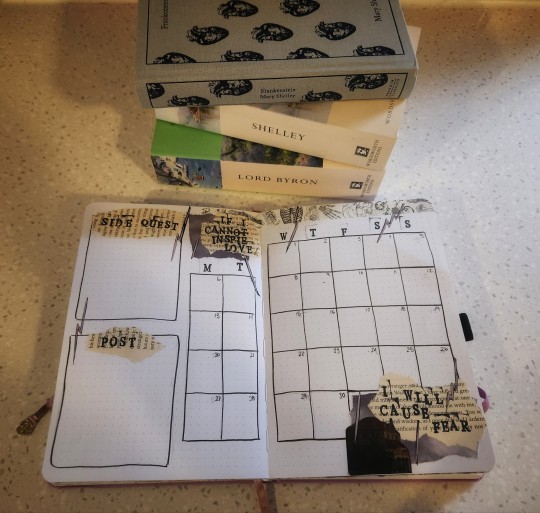
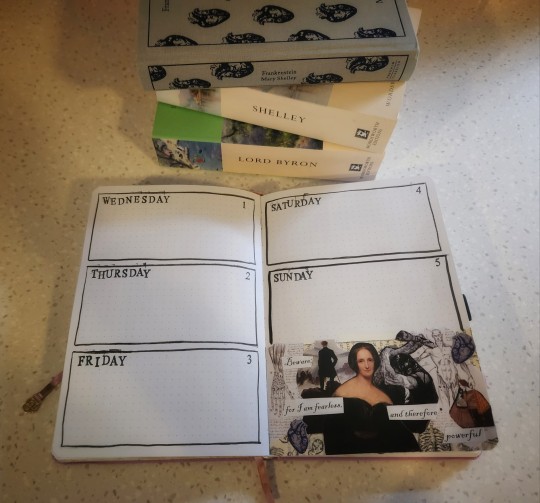
My bullet journal for November. Did something a little different this time.
If youve been following me for a while then you'll know i love Mary Shelley and her contemporaries, especially those who were with her at Villa Diodati in the summer of 1816. But in the last week or so i've been particularly drawn to them. I read The Villa by Rachel Hawkins which is partly inspired by the Villa Diodati gang and havent stopped thinking about them since.
Doing a Romantic Era poets theme has been in the back of my head for a while but this is the first time i've actually thought of a way to do it and i'm pretty happy with how its turned out! Each week will feature a different member of the group but of course Shelley herself had to be first!
#my art#my bullet journal#bullet journal#bullet journal inspo#mary shelley#frankenstein#romantics#romantic era#villa diodati gang#percy shelley#lord byron#claire clairmont#john polidori
46 notes
·
View notes
Text

"To feel anything deranges you. To be seen feeling anything strips you naked."
— Anne Carson
#dark academia#love#philosophy#virginia woolf#book quotes#poetry#sylvia plath#albert camus quotes#jane austen#franz kafka#anne brontë#anne hathaway#anne carson#albert camus#tumblr quotes#vulnerability#lonely#the unabridged journals of sylvia plath#woman#wisdom#literature#voltaire#john green#shakespeare#lord byron#hollywood#charles dickens#neil gaiman#feminism#artist
11 notes
·
View notes
Text
Remind me why the deuce anyone decided - having invented such a delectable thing as a bed- which I am not removing myself from today - that as a society we should be obliged to rise from them in order to conduct business?
When one subtracts from life infancy (which is vegetation), – sleep, eating, and swilling – buttoning and unbuttoning – how much remains of downright existence? The summer of a dormouse.
One's dormouse-y summer might at least be comfortable.
#napoleonic rp#napoleonic era#napoleonic roleplay scene#lord byron#george gordon byron#romantic era#notes from the journal
3 notes
·
View notes
Text

“Italy, the home of art and swarming genius.”
— Lord Byron
#italy#italian#art#love#genius#beauty#beautiful#albertayebisackey#life#sketchbook#journal#albertsackeyart#albert sackey art#artist#colour#journals of tumblr#journals of the world#crafts#stamp#collage#artists on tumblr#digital artist#artistsontumblr#artwork#inspiration#inspiring quotes#motivation#motivating quotes#get motivated#lord byron
6 notes
·
View notes
Text

Ralph Waldo Emerson, Emerson in His Journals
#ralph waldo emerson#emerson in his journals#quotes#diaries#journals#journal#diary#lord byron#rome#italy#literature#lit#travel
4 notes
·
View notes
Text

New pages in MY LITTLE GOTH JOURNAL III.
#art#artists on tumblr#collage#dark academia#junk journal#journaling#journal#collagebook#gluebook#art journal#smashbook#goth#lord byron
14 notes
·
View notes
Text
The Seven Days of Gratitude: Day 4 (The Emotional)
Welcome to Day 4 of The Seven Days of Gratitude. This has been a longstanding tradition at Modern Witnesses. Each day, we will name the category, and you can pick something from that category to share or reflect on that you have been grateful for over this past year. You can start this challenge at any time and do it in any order. The hope is to embrace gratitude each day and reflect on our…
#book#Christianity#coaching#faith#inspiration#journal#Katie Byron#life#lifestyle#Loving What Is#personal#relationships#seven days of gratitude#writing
1 note
·
View note
Text
On November 8th 1820, Claire Clairmont wrote some satirical stories in her journal about Lord Byron and Percy Shelley—they were written as ideas for caricatures (the Regency era term for what we would now call editorial cartoons or comic strips):
Wednesday, November 8th.
Caricature for Albé. He, sitting writing poetry, the words “Oh! faithless Woman” round the room, hearts are strewed, inscribed, “We died for love of you.” Another—he catching a lady by her waist, his face turned towards her, his other hand extended holding a club stick in the act of giving a blow to a man who is escaping. From his mouth,
“The maid I love, the man I hate
I'll kiss her lips and break his Pate.”
Three more to be called Lord Byron's Morning, Noon and Night. The first: he looking at the sky, a sun brightly shining—saying: "Come, I feel quite bold and cheerful—there is no God.”
The second towards evening, a grey tint spread over the face of Nature, the sun behind a cloud—a shower of rain falling—a dinner table in the distance covered with a profusion of dishes, he (with a Wallup) says—“What a change I feel in me after dinner; where we see design we suppose a designer; I'll be a Deist—I am a Deist."
The third—evening—candles just lighted, all dark without the windows (a cup of green tea on the table): and trees agitated much by wind beating against the panes, also thunder and lightning. He says
"God bless me, suppose there should be a God—it is as well to stand in his good graces. I'll say my prayers to-night, and write to Murray to put in a touch concerning the blowing of the last Trump."
Pistols are on the table, also daggers—bullets—Turkish scymitars . . .
Another to be called “Lord Byron's receipt for writing pathetic History.” He sitting drinking spirits, playing with his white mustachios. His mistress, the Fornaria, opposite him drinking coffee. Fumes coming from her mouth, over which is written "garlich;" these, curling, direct themselves towards his English footman who is just then entering the room and he is knocked backward. Lord B. is writing, he says.
"Imprimis, to be a great pathetic poet. First prepare a small colony, then dispatch the Mother, by worrying and cruelty, to her grave; afterwards to neglect and ill-treat the children—to have as many and as dirty mistresses as can be found; from their embraces to catch horrible diseases, thus a tolerable quantity of discontent and remorse being prepared, give it vent on paper, and to remember particularly to rail against learned women. This is my infallible receipt by which I have made so much money."
The last his death. He dead extended on his bed, covered all but his breast, which many wigged doctors are cutting open to find out (as one may be saying) what was the extraordinary disease of which this great man died—His heart laid bare, they find an immense capital “I” grown on its surface—and which has begun to pierce the breast—They are all astonishment. One says, “a new disease.” Another. “I never had a case of this kind before.” A third what medicines would have been proper, the fourth holding up his finger (A desert island.)
Caricature for poor dear S. He looking very sweet and smiling. A little Jesus Christ playing about the room. He says:
“Then grasping a small knife and looking mild
I will quietly murder that little child.”
Another. Himself and God Almighty. He says:
"If you please God Almighty, I had rather be damned with Plato and Lord Bacon than go to Heaven with Paley and Malthus." God Almighty: “It shall be as you please, pray don't stand upon ceremony."
Shelley's three aversions: God Almighty, Lord Chancellor, and didactic Poetry . . .
Sources: The Journals of Claire Clairmont edited by Marion Kingston Stocking, Harvard, 1968, Archive.org. “The Lord Byron / John Polidori relationship and the foundation of the early nineteenth-century literary vampire” by Matthew Beresford, University of Hertfordshire June 2019. Byron: A Biography by Marchand, Vol. II, 1957.
#thus a tolerable quantity of discontent and remorse being prepared#literature#regency#regency era#claire clairmont#percy shelley#lord byron#journals#funny#history#writing#poets#writers#satire#geneva squad#the romantics#romantic age#romanticism#romantic poetry#romantic era
26 notes
·
View notes
Text
Using form: Ottava Rima: Max Gutmann, 'Conscious Agents' (from Don Juan Finish'd)
You sages aren’t surpris’d to learn that cowardice Is courage. Truths illumine and conceal. The dulcet affirmation and the sour diss Can equally be true. That’s no big deal. The world is full of paradox — and now word is That even space and time may not be real. We only think we see and smell and touch things. The “world” is like, say, Donkey Kong and such things. It’s all just icons on an…

View On WordPress
0 notes
Text
Former San Diego councilman talked to city leaders about a sports arena. Forgot to mention being a paid consultant for the project.
Last night, I saw a very interesting article on a site called LaPresna.org. In it, they discuss a former San Diego Councilman (Byron Wear) going in front of the city four different times to push hard on approving a development project that would involve a new sports arena district. This in itself is not that odd. Except, in this case, it was a bit different since he wasn’t telling anyone that he…

View On WordPress
#Brian Maienschein#Byron Wear#City Council#Dean Spanos#Dick Murphy#Jim Madaffer#LaPresna.org#Midway Rising#NFL#obrag.org#Paid Lobbyist#Ralph Inzunza#San Diego#San Diego Business Journal#San Diego Chargers#San Diego State#San Diego Union Tribune#Toni Atkins#US Attorneys Office
0 notes
Text
A list of all the books mentioned in Peter Doherty's journals (and in some interviews/lyrics, too)
Because I just made this list in answer to someone's question on a facebook group, I thought I may as well post it here.
-The Picture of Dorian Gray/The Ballad Of Reading Gaol/Salome/The Happy Prince/The Duchess of Padua, all by Oscar Wilde -The Thief's Journal/Our Lady Of The Flowers/Miracle Of The Rose, all by Jean Genet -A Diamond Guitar by Truman Capote -Mixed Essays by Matthew Arnold -Venus In Furs by Leopold Sacher-Masoch -The Ministry Of Fear by Graham Greene -Brighton Rock by Graham Green -A Season in Hell by Arthur Rimbaud -The Street Of Crocodiles (aka Cinnamon Shops) by Bruno Schulz -Opium: The Diary Of His Cure by Jean Cocteau -The Lost Weekend by Charles Jackson -Howl by Allen Ginsberg -Women In Love by DH Lawrence -The Tempest by William Shakespeare -Trilby by George du Maurier -The Vision Of Jean Genet by Richard Coe -"Literature And The Crisis" by Isaiah Berlin -Le Cid by Pierre Corneille -The Paris Peasant by Louis Aragon -Junky by William S Burroughs -Absolute Beginners by Colin MacInnes -Futz by Rochelle Owens -They Shoot Horses Don't They? by Horace McCoy -"An Inquiry On Love" by La revolution surrealiste magazine -Idea by Michael Drayton -"The Nymph's Reply to The Shepherd" by Sir Walter Raleigh -Hamlet by William Shakespeare -The Silver Shilling/The Old Church Bell/The Snail And The Rose Tree all by Hans Christian Andersen -120 Days Of Sodom by Marquis de Sade -Letters To A Young Poet by Rainer Maria Rilke -Poetics Of Space by Gaston Bachelard -In Favor Of The Sensitive Man and Other Essays by Anais Nin -La Batarde by Violette LeDuc -Lolita by Vladimir Nabokov -Intimate Journals by Charles Baudelaire -Juno And The Paycock by Sean O'Casey -England Is Mine by Michael Bracewell -"The Prelude" by William Wordsworth -Noise: The Political Economy of Music by Jacques Atalli -"Elm" by Sylvia Plath -"I am pleased with my sight..." by Rumi -She Stoops To Conquer by Oliver Goldsmith -Amphitryon by John Dryden -Oscar Wilde by Richard Ellman -The Song Of The South by James Rennell Rodd -In Her Praise by Robert Graves -"For That He Looked Not Upon Her" by George Gascoigne -"Order And Disorder" by Lucy Hutchinson -Man Crazy by Joyce Carol Oates -A Pictorial History Of Sex In The Movies by Jeremy Pascall and Clyde Jeavons -Anarchy State & Utopia by Robert Nozick -"Limbo" by Samuel Taylor Coleridge -Men In Love: Masculinity and Sexuality in the Eighteenth Century by George Haggerty
[arbitrary line break because tumble hates lists apparently]
-Crime And Punishment by Fyodor Dostoevsky -Innocent When You Dream: the Tom Waits Reader -"Identity Card" by Mahmoud Darwish -Ulysses by James Joyce -The Four Quartets poems by TS Eliot -Julius Caesar by William Shakespeare -A'Rebours/Against The Grain by Joris-Karl Huysmans -Prisoner Of Love by Jean Genet -Down And Out In Paris And London by George Orwell -The Man With The Golden Arm by Nelson Algren -Revolutionary Road by Richard Yates -"Epitaph To A Dog" by Lord Byron -Cocaine Nights by JG Ballard -"Not By Bread Alone" by James Terry White -Anecdotes Of The Late Samuel Johnson by Hester Thrale -"The Owl And The Pussycat" by Edward Lear -"Chevaux de bois" by Paul Verlaine -A Strong Song Tows Us: The Life of Basil Bunting by Richard Burton -Don Quixote by Miguel de Cervantes -The Divine Comedy by Dante Alighieri -The Jungle Book by Rudyard Kipling -The Man Who Would Be King by Rudyard Kipling -Ask The Dust by John Frante -On The Trans-Siberian Railways by Blaise Cendrars -The 39 Steps by John Buchan -The Overcoat by Nikolai Gogol -The Government Inspector by Nikolai Gogol -The Iliad by Homer -Heart Of Darkness by Joseph Conrad -The Volunteer by Shane O'Doherty -Twenty Love Poems and A Song Of Despair by Pablo Neruda -"May Banners" by Arthur Rimbaud -Literary Outlaw: The life and times of William S Burroughs by Ted Morgan -The Penguin Dorothy Parker -Smoke by William Faulkner -Hero And Leander by Christopher Marlowe -My Lady Nicotine by JM Barrie -All I Ever Wrote by Ronnie Barker -The Libertine by Stephen Jeffreys -On Murder Considered As One Of The Fine Arts by Thomas de Quincey -The Void Ratio by Shane Levene and Karolina Urbaniak -The Remains Of The Day by Kazuo Ishiguro -Dead Fingers Talk by William S Burroughs -The England's Dreaming Tapes by Jon Savage -London Underworld by Henry Mayhew
112 notes
·
View notes
Text
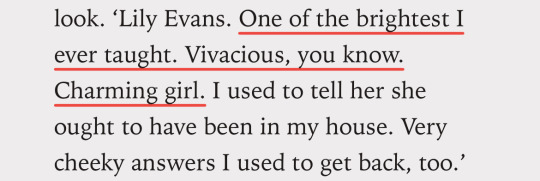


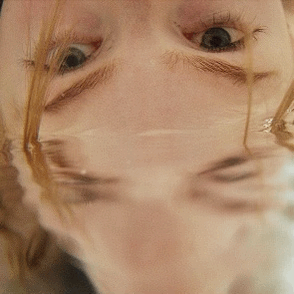




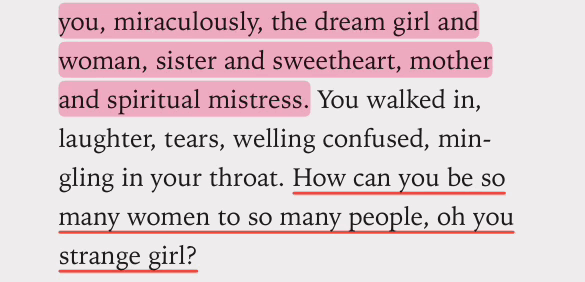


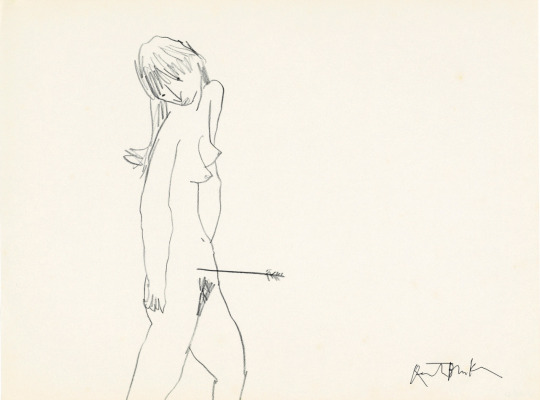
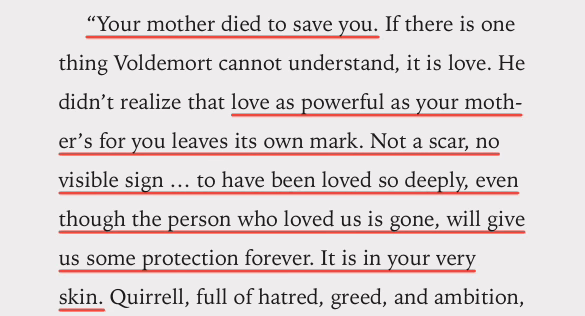


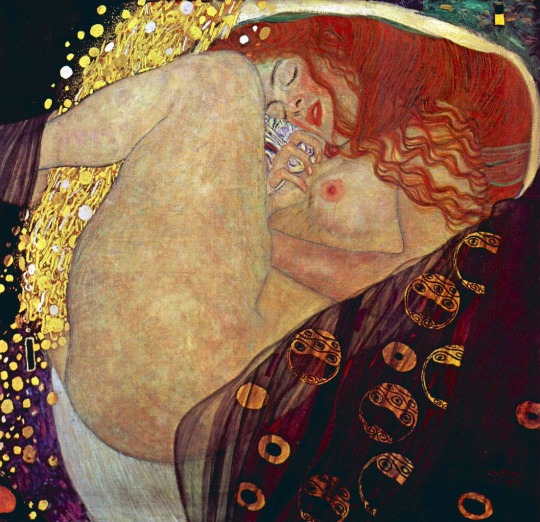
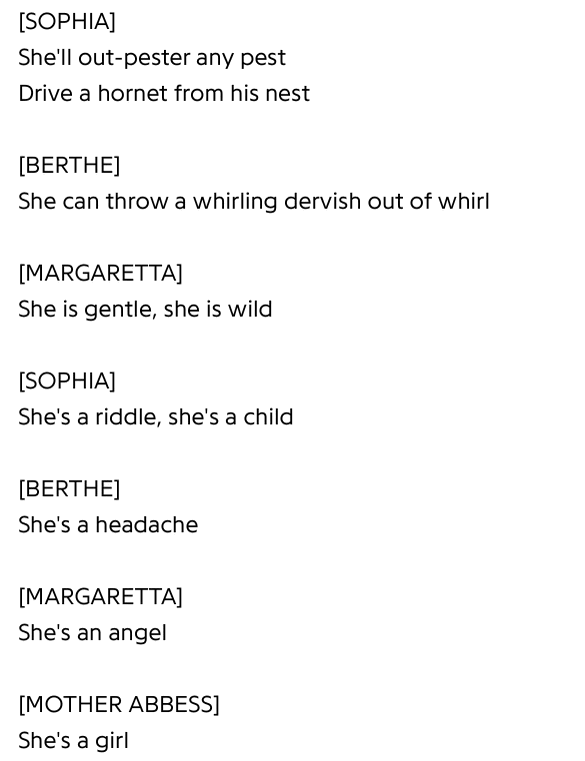
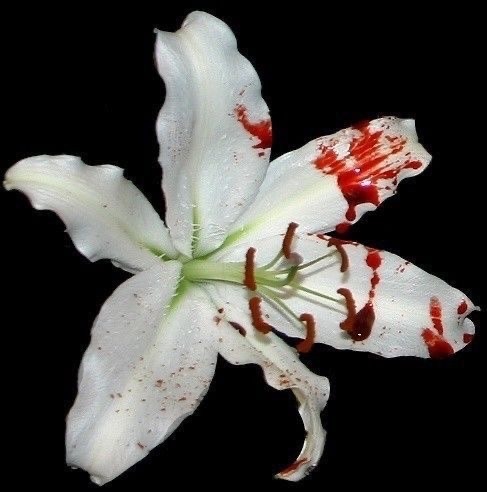
WHO IS LILY EVANS?
HP, HBP / Simone Weil: An Intellectual Biography - Gabriella Fiori / HP, OP / The Unabridged Journals of Sylvia Plath / Cain - Lord Byron / HP, SS / Violence and the Sacred - René Girard / "How Do you Solve a Problem Like Maria?" - The Sound of Music
#lily evans#marauders#web#lily on the mind again...could not stop thinking about her and the many ways she is characterized in canon and beyond#siri play running up that hill by Kate bush#she called him a toerag bro.#her love for her son haunts the narrative 7 books deep#lily tag#how do you solve a problem like lily
180 notes
·
View notes
Text
There is a true delight in being completely surrounded - and isolated - by cold weather, of the kind which makes roads quite impassable. Was reading one of my journals, as 'tis the season of bad weather, and found the following:
January 2, 1821: Fine, clear, frosty day - that is to say, an Italian frost, for their winters hardly get beyond snow; for which reason nobody knows how to skate (or skait) - a Dutch and English accomplishment.
I have an inclination to skate now - damn shame one is dead, and can't put on skating gear...
#notes from the journal#napoleonic era#napoleonic rp#lord byron#george gordon byron#napoleonic roleplay scene#my literary scribbles
3 notes
·
View notes